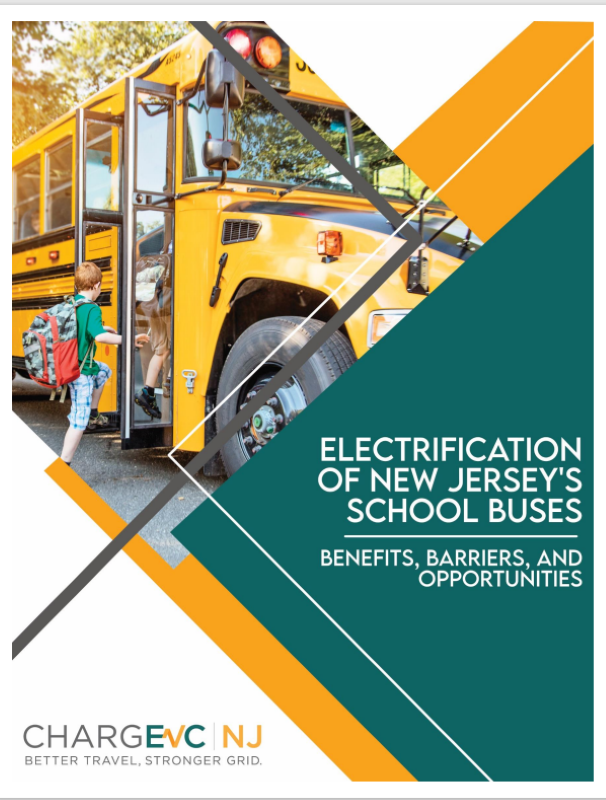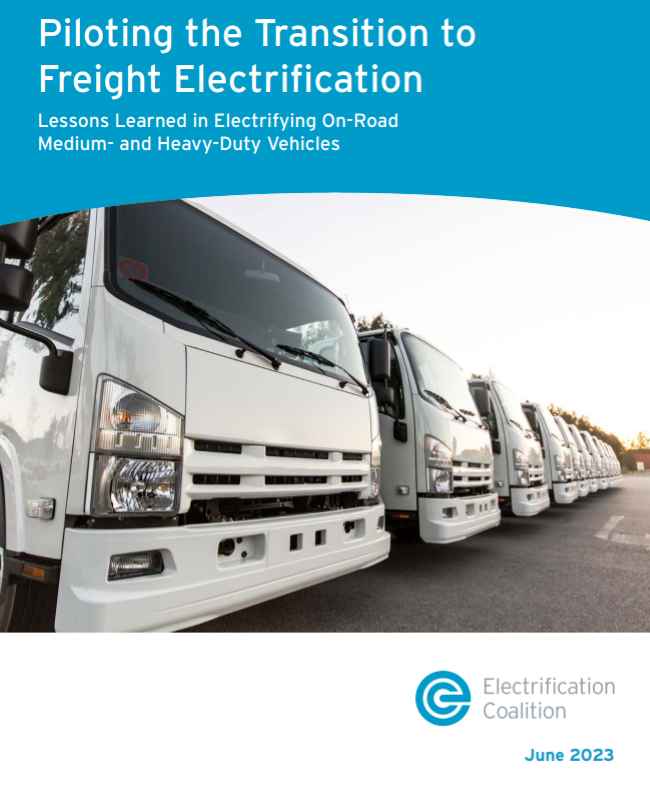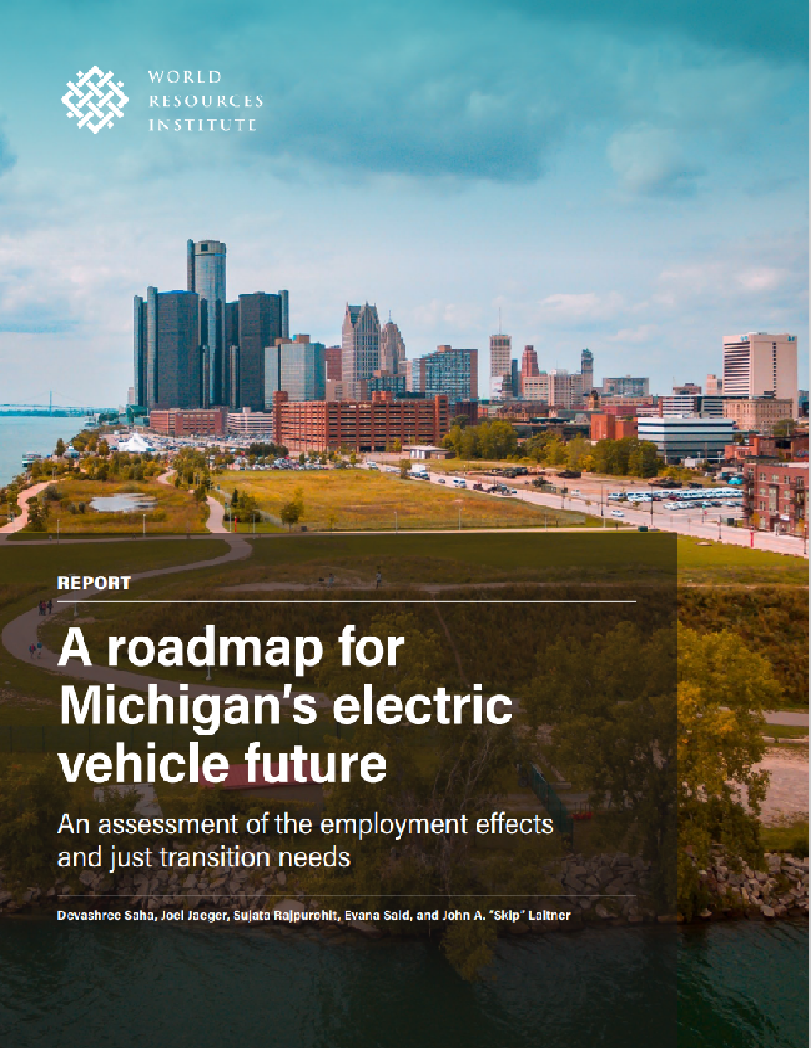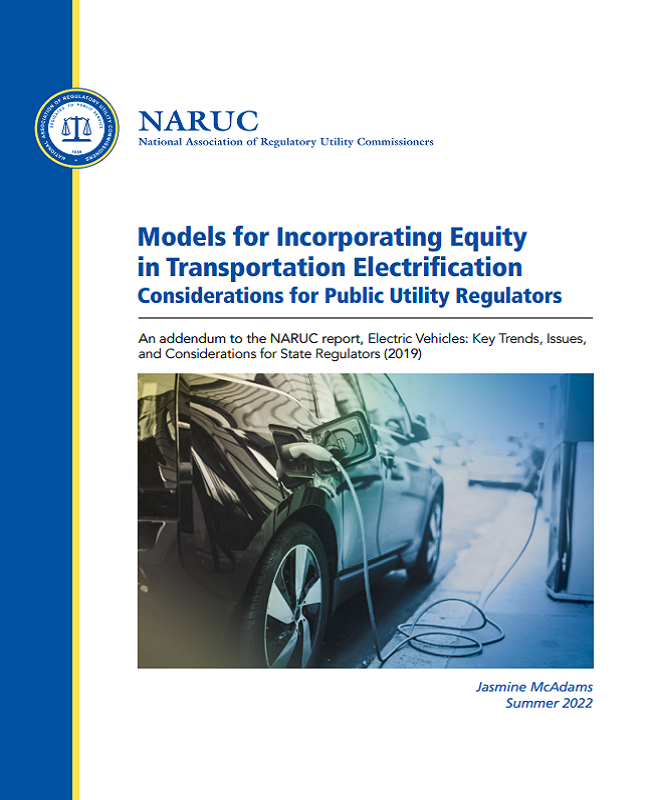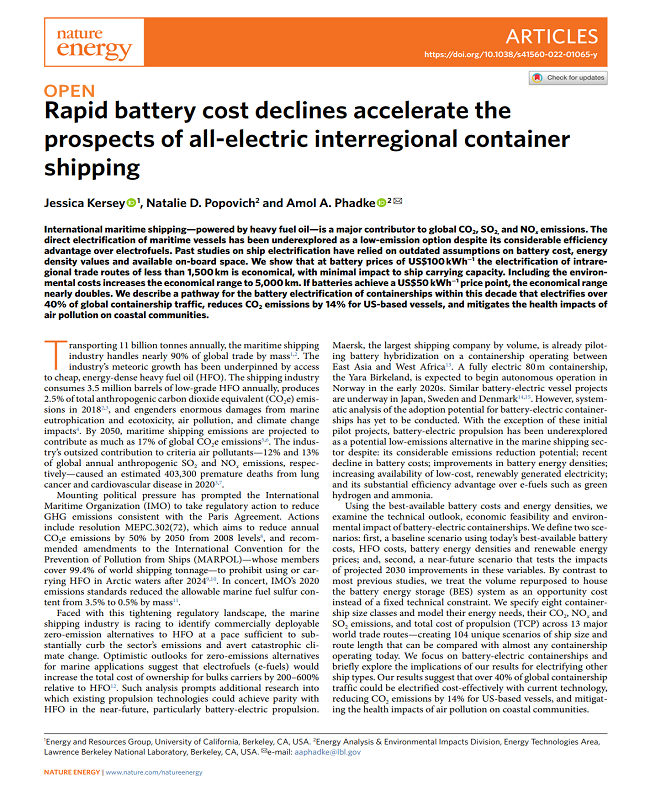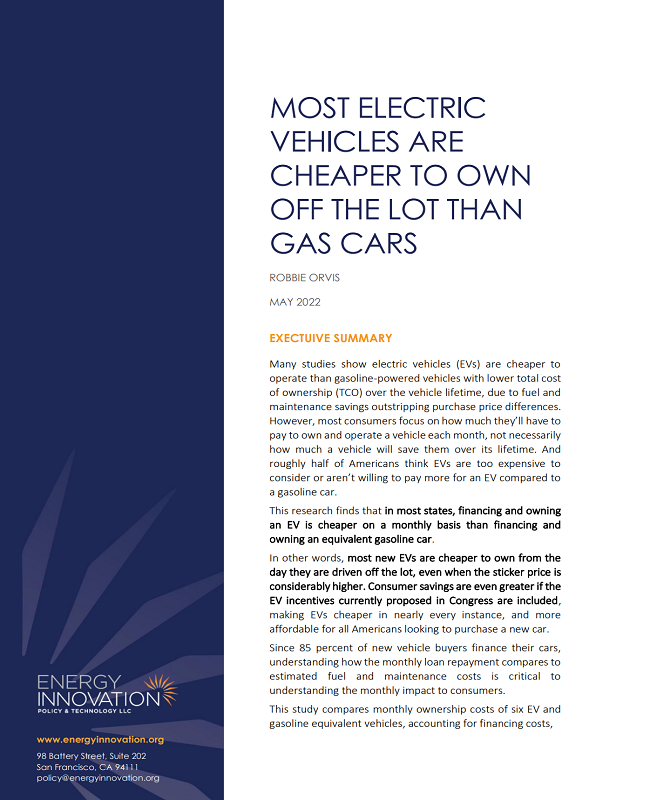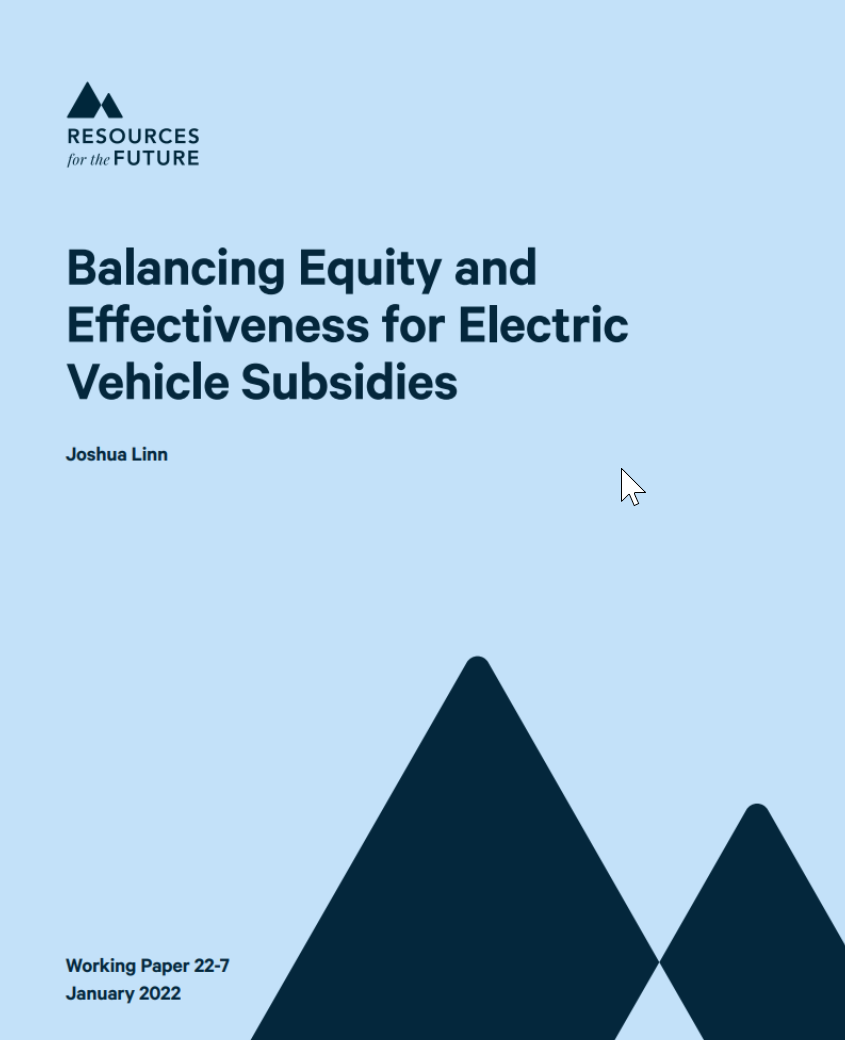ChargEVC-NJ Study: Electrification of New Jersey’s School Buses
Dipo Fadeyi2023-12-14T12:40:44-05:00This study explores the current landscape of school buses in New Jersey, estimates the economic and environmental impacts that come with full school bus electrification, and identifies the most crucial barriers to school bus electrification in the State, identifying specific pathways to address those issues and recommendations to make adoption feasible.
